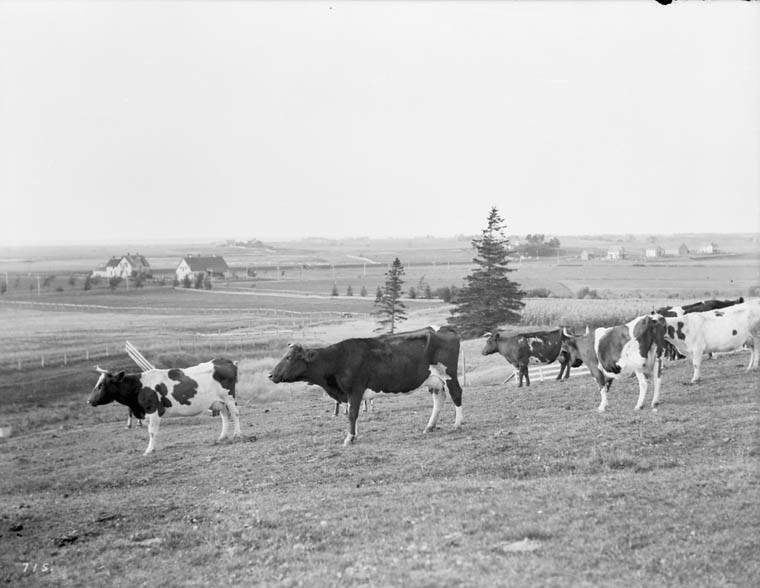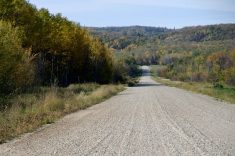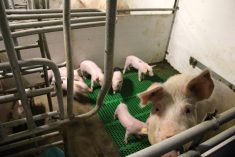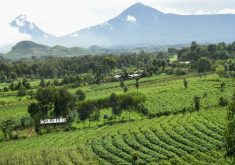I am a first-generation Canadian, born and raised on a Manitoba farm in the 1930s.
I did not take up farming as my livelihood, however I did learn to recognize that farm life can be extremely rewarding in so many different ways.
I also learned to appreciate and realize that water and the environment were to be treated with the utmost respect and courtesy and with a sense of dignity.
Read Also

Government silence loud on AAFC cuts
Canada’s federal government trumpets fiscal responsibility; their silence on a day of massive Agriculture and Agri-Food Canada cuts was baffling at best.
Now retired, I, along with so many, have become very concerned and worried how those once-valued principles have deteriorated and crumbled.
Corporations and their investors have taken over, interested only in benefiting from the current unsustainable economic activity. Huge hog-producing factories threaten our health, our water and our environment.
Part of the problem is that our economy, our governments and our society do not account for the social and environmental consequences that are being experienced and inflicted upon communities and our precious water sources.
The rivers of yesterday in Manitoba provided a means of transportation and a source of food and clean water. Today the rivers are regarded, for the most part, as handy and open-air sewers — someplace to dump the leftovers. All but our most northern and isolated water sources are being affected.
Lake Winnipeg, the 10th largest fresh water lake in the world, has become a huge sewage lagoon and is dying.
Now the rural people of Manitoba have a common purpose that brings them together to face a shared enemy and the malignant forces of corporate and industry expansionism. The people now have come to realize that the future of our generations is at stake, and the risks cannot be tolerated any longer.
I agree with a competitive and profitable agriculture industry, but never at the expense of our health, our waters and the environment.
Feeding the world with pork and exploiting and destroying our finite resources in the process is just not acceptable. In fact, it is very irresponsible, ignorant and immoral.
It seems to me that nature is literally screaming about the impact that we are putting on her, yet we think wistfully of what has been lost and dismiss it as “the price of progress.”
It’s about time we started to put moral ethics back into our present-day society. Also, it’s about time we started redefining “progress.”
John Fefchak
Virden, Man.














